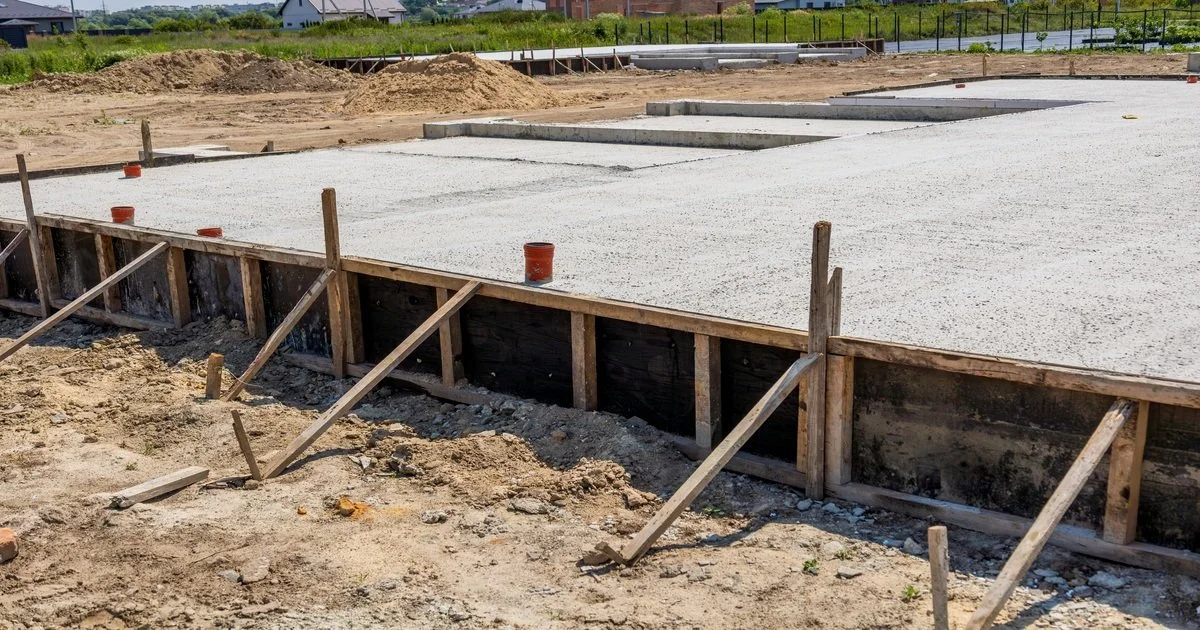Foundation Repair and Leveling Services in Houston
A strong foundation is the most important structural element of any home or commercial building. In Houston—where expansive clay soil, fluctuating moisture levels, and long periods of drought are common—foundation movement is one of the most frequent issues property owners encounter. Whether it’s a minor shift or significant settlement, foundation problems can affect structural integrity, interior finishes, plumbing lines, and long-term property value. Foundation repair and leveling guidance helps owners understand issues early, choose the right repair solutions, and work with reputable professionals who can restore the stability and safety of the structure.
Because foundation problems worsen over time, early intervention is critical. Proper evaluation, soil analysis, and repair planning prevent complications that range from cosmetic concerns to major structural risks. A well-guided approach ensures that homeowners and investors fully understand the cause of the issue, the recommended repair method, and how to protect the property from future movement—especially in Houston’s challenging soil conditions.
Understanding Houston Soil Conditions and Foundation Risks
Houston is built on what geologists refer to as expansive clay soil, a type of soil that shrinks when dry and expands dramatically when wet. This constant movement places significant stress on foundations, especially slab-on-grade structures common throughout the region. Seasonal storms, long dry periods, irrigation patterns, and poor drainage all contribute to uneven moisture levels beneath the home, causing the soil to swell or contract unpredictably.
Many homeowners don’t realize that soil conditions can vary significantly even within a single neighborhood. Different soil types, water tables, and drainage patterns create unique challenges for each property. Foundation guidance helps clients understand these environmental factors so they can recognize early warning signs such as door misalignment, cracks in walls, sloping floors, or gaps around windows. By connecting soil behavior with structural impact, clients gain a clear understanding of why issues occur and how to address them effectively.
Evaluating Foundation Problems Through Professional Inspection
A proper foundation evaluation begins with a detailed inspection conducted by specialists who understand structural behavior in Houston’s environment. This often includes measuring elevation levels, assessing soil conditions, examining structural components, and identifying damage to exterior and interior surfaces. Foundation inspections look beyond visible cracks to understand the underlying shifts that caused them.
During this step, clients often learn whether they’re dealing with normal seasonal movement or a more serious issue requiring immediate repair. Elevation mapping and digital measurements provide valuable data about how much the foundation has shifted over time. Professional guidance ensures that clients receive a clear, unbiased assessment and understand what recommended repairs mean for the long-term stability of the home.
Choosing the Right Repair Method for Long-Term Stability
Foundation repair is not a one-size-fits-all process. Different homes require different solutions depending on soil behavior, type of foundation, extent of movement, and long-term goals. The most common repair methods in Houston include concrete pressed piers, drilled piers, steel piers, helical piers, and mudjacking or foam leveling for certain slab conditions.
Each method has unique strengths. Steel piers offer deep, stable support for significant settlement, while pressed piers are cost-effective for moderate soil movement. Helical piers are ideal for lighter structures or where soil depth varies significantly. Foam leveling works for minor settlements where structural changes are minimal. Proper guidance ensures clients understand which method best fits their property and protects against future issues. Repair decisions are meaningful investments, and selecting the right technique guarantees durability, safety, and a stronger foundation for years to come.
Addressing Drainage, Plumbing, and Moisture Issues That Affect Foundations
Foundation problems rarely occur in isolation. Poor drainage, plumbing leaks, tree roots, and incorrect grading can all contribute to soil movement. To ensure long-lasting repair results, these contributing factors must be identified and addressed. A home may require improved gutter systems, French drains, swales, soil regrading, or moisture control measures to maintain a stable environment around the foundation.
Plumbing inspections are also essential because under-slab leaks can soften soil and cause rapid settlement. When foundation repairs are performed without addressing drainage or plumbing issues, movement often returns. Guidance in this area helps clients understand the relationship between water management and structural stability, ensuring that repairs are supported by a holistic approach to property maintenance.
Ensuring Code Compliance, Warranty Protection, and Proper Documentation
Professional foundation repair must meet local building standards and include proper documentation for warranties and future resale. Repair companies typically provide lifetime transferable warranties, which can significantly enhance property value when handled correctly. Documentation should include repair diagrams, pier placement maps, soil evaluations, and before-and-after elevation reports.
Compliance with Houston building codes ensures that repairs are done safely and meet engineering requirements. Proper records also help during future inspections, appraisals, and property sales, as buyers frequently request proof of professional foundation work. Guidance in this area helps clients understand the importance of documentation and ensures they work with reputable contractors who provide reliable warranties and detailed repair records.
Maintaining Foundation Health After Repairs
Even after repairs are completed, maintaining foundation stability requires ongoing attention. Houston’s soil conditions mean that properties benefit from consistent moisture levels, proper drainage, and regular monitoring for new movement. Seasonal changes can cause minor shifts, and early detection helps prevent issues from escalating.
Guidance on post-repair maintenance helps clients understand how to protect their investment. This includes tips on watering routines during dry spells, managing landscaping near the foundation, improving rainwater flow, and avoiding conditions that increase soil stress. With the right aftercare, foundation health can be preserved long-term, ensuring the structure remains secure and stable.
Strengthening Your Property With Trusted Expertise
Foundation repair is a major investment—one that requires accurate evaluation, reliable methods, and trusted professionals. Whether you’re addressing structural movement or preparing for a major renovation, we offer guidance backed by experienced foundation specialists and engineers. Reach out anytime to discuss your concerns and connect with partners who can provide dependable support from inspection to final stabilization.



